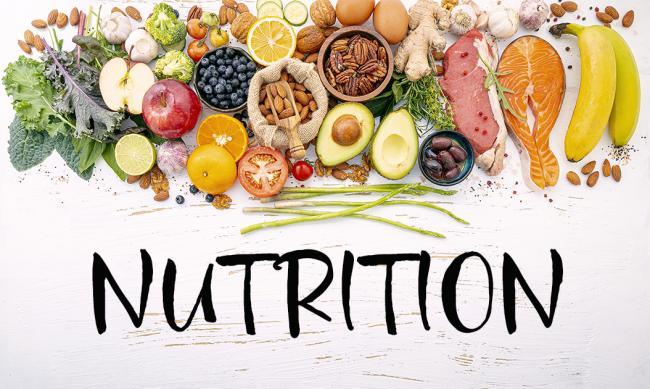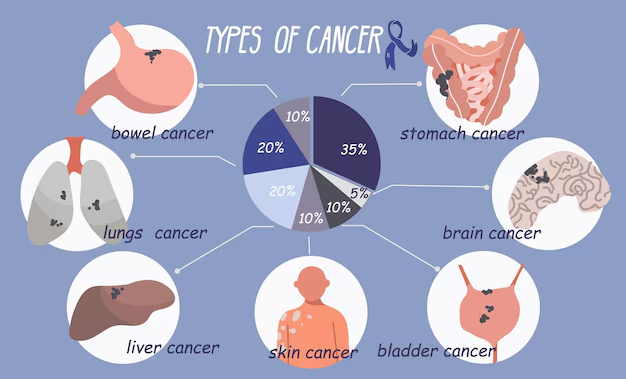The Ultimate Guide to Nutrition: How It Supports Your Overall Health and Happiness
A healthy existence is built on a foundation of proper nutrition. It helps us grow, stay energized, and ward off illnesses. Eating a balanced diet filled with essential nutrients allows our bodies to function at their best. This guide will walk you through the key aspects of nutrition—covering macronutrients, micronutrients, dietary guidelines, and practical tips—so you can make informed choices that boost your well-being. Understanding nutrition empowers you to take control of your health, tailor plans to your unique needs, and enjoy a more vibrant, longer life. We’ll also explore how mindful eating and sustainable habits can lead to lasting benefits for both your body and the planet.
Understanding Macronutrients
Carbohydrates, proteins, and fats are the three primary macronutrients that our bodies use to produce the energy we require on a daily basis. Our main source of energy is carbohydrates, which are present in foods like grains, fruits, and vegetables. Proteins are vital for repairing tissues, supporting immune health, and producing enzymes, sourced from meat, dairy, and legumes. Fats, which include healthy options like nuts, oils, and fish, store energy long-term, support cell structure, and help us absorb vital nutrients. The right balance varies from person to person, depending on activity levels and health goals. Choosing complex carbs over simple sugars and healthy fats like omega-3s can improve energy, brain health, and reduce inflammation. Properly balancing these nutrients is key to maintaining good health and avoiding issues like obesity or heart disease.
Micronutrients and Their Importance
While needed in smaller amounts, vitamins and minerals are essential for your overall health. Vitamins such as A, C, D, E, and K support your immune system, vision, skin, and blood clotting. Minerals like calcium, magnesium, potassium, and iron are crucial for strong bones, nerve function, and oxygen transport. Deficiencies can lead to problems like anemia, weakened immunity, or developmental delays. You can make sure you get enough of these essential nutrients by eating a varied diet full of fruits, vegetables, whole grains, and lean proteins. Sometimes, fortified foods or supplements are helpful, especially if your diet isn’t enough. It’s important to consume these nutrients in balanced amounts, as too much can be harmful. Regular health check-ups can help monitor your levels and prevent deficiencies.
Dietary Guidelines and Recommendations
Following evidence-based dietary guidelines can make a big difference in your health. The USDA’s MyPlate encourages filling your plate with fruits, vegetables, grains, protein, and dairy. Limiting added sugars, trans fats, saturated fats, and salt is advised by the World Health Organization. Maintaining a healthy weight is facilitated by attentive eating and portion control. Drinking plenty of water is crucial to staying properly hydrated. Keep in mind that each person has different needs depending on their age, gender, degree of exercise, and health. You can be sure you’re getting all the nutrients your body requires by incorporating moderation and variety. You can make better decisions by reading food labels and adhering to dietary or cultural constraints. Combining appropriate dietary habits with regular physical activity maximizes health advantages.
Practical Tips for Healthy Eating
Making small, intentional changes can lead to lasting healthy habits. Planning your meals ahead of time helps you choose nutritious options and avoid impulsive, less healthy choices. Adding more fruits and vegetables boosts your intake of fiber, vitamins, and minerals. Opting for whole grains instead of refined ones supports digestion and sustained energy. Incorporate lean proteins like chicken, fish, beans, and nuts to reduce saturated fat intake. Limiting processed foods high in sugar, salt, and unhealthy fats benefits your overall health. Cooking at home gives you control over ingredients and portion sizes. Using herbs and spices can make meals flavorful without extra calories or sodium. Paying attention to your hunger and fullness cues encourages mindful eating, preventing overeating. Staying hydrated and practicing moderation are key to establishing sustainable, healthy eating routines.
The Role of Nutrition in Disease Prevention
Good nutrition is a powerful tool in preventing chronic illnesses such as heart disease, diabetes, and obesity. A diet rich in fruits, vegetables, whole grains, and lean proteins can significantly lower your risk of cardiovascular problems. Limiting unhealthy fats and added sugars helps keep blood sugar and cholesterol levels in check. High fiber intake supports digestion and weight management. Maintaining a healthy weight through balanced nutrition reduces the risk of metabolic syndrome. Nutrients like antioxidants help combat oxidative stress and inflammation, which are linked to many diseases. Proper nutrition also supports mental health—certain nutrients are vital for cognitive function and mood stability. Early dietary interventions can delay or prevent age-related degenerative conditions. Promoting healthier communities is mostly dependent on public health initiatives and tailored tactics.
Nutrition and Mental Well-being
Recent research highlights how what we eat influences our mental health. Omega-3 fatty acids, found in fatty fish, support brain function and emotional regulation. B-vitamins like folate and B12 are linked to mood stability and cognitive performance. Eating a balanced diet reduces inflammation, which is associated with depression and anxiety. Staying well-hydrated and maintaining steady blood sugar levels can improve mood and mental clarity. Nutritional deficiencies may impair neurotransmitter production, affecting how we feel and think. Incorporating nutrient-dense foods into your daily routine supports mental resilience. In addition to lowering stress, mindful eating can promote a better connection with food. Combining good nutrition with regular exercise and sufficient sleep creates a holistic approach to mental well-being.
Sustainable and Ethical Eating Habits
Choosing sustainable and ethical foods benefits both your health and the environment. Greenhouse gas emissions can be decreased by eating less meat and more plant-based foods. Supporting local and seasonal produce decreases transportation impacts and promotes community agriculture. Minimizing food waste through proper storage and portion control helps conserve resources. Ethical considerations include supporting fair trade practices and humane treatment of animals. Organic farming practices preserve soil health and require fewer chemicals. Incorporating these sustainable practices into your daily life not only improves your health but also contributes to a healthier planet. Educating yourself about the environmental impact of your food choices encourages responsible consumption and supports a more sustainable food system.











